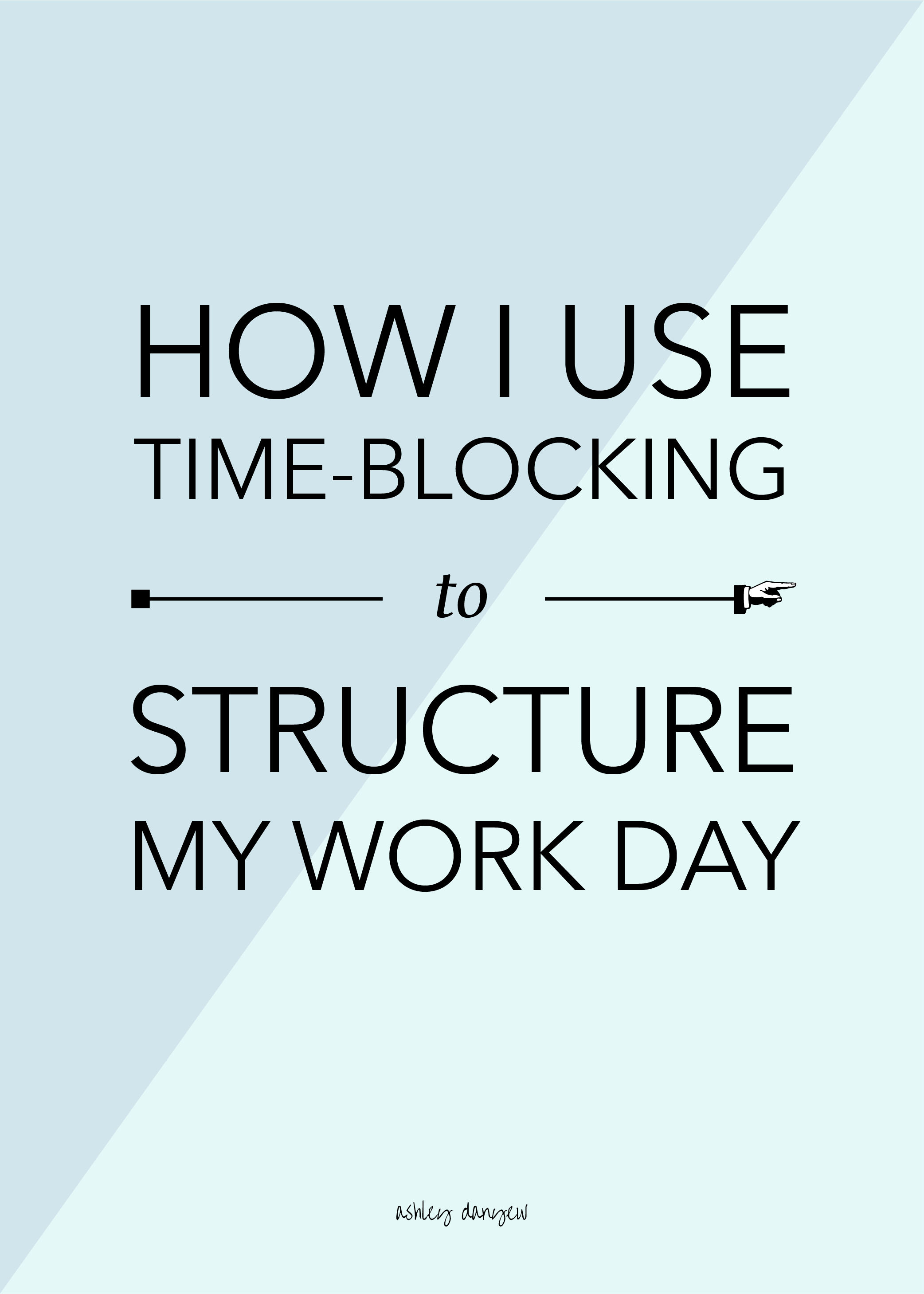![How I Use Time-Blocking to Structure My Work Day]()
Whether you work part-time or full-time, one job or four, in an office or at home, creating a structure for your work day is important to your productivity, creativity, and ultimately, how you feel about your work.
And for those of you who work for yourself and work from home (at least part of the time), boundaries become a necessary part of structuring your day.
Are you prone to burnout?
Do you work until late at night, on the weekends, and even on vacation?
Do you struggle to follow-through on certain projects?
Do you lose motivation easily?
Setting a few boundaries, blocking your time, and figuring out what time of day you do your best work can help set you up for success each and every day.
Today, I’m walking you through my own process for structuring my work days.
Like many of you, I wear many hats during the week: church musician, worship planner, piano teacher, blogger, small business owner. Sometimes, it feels like I’m just keeping the plates spinning, not necessarily making any progress (how many of you can relate to that?).
But, with the help of time-blocking and being intentional about how I use my working hours, I’m beginning to reap the rewards of a more focused, productive work-week.





![2017 Reader Survey Results [Infographic]](https://images.squarespace-cdn.com/content/v1/585c710603596e2c47dad93e/1511201969244-V4CFHY88ZUUB4V8MZGM2/2017+Reader+Survey+Results-71.png)











